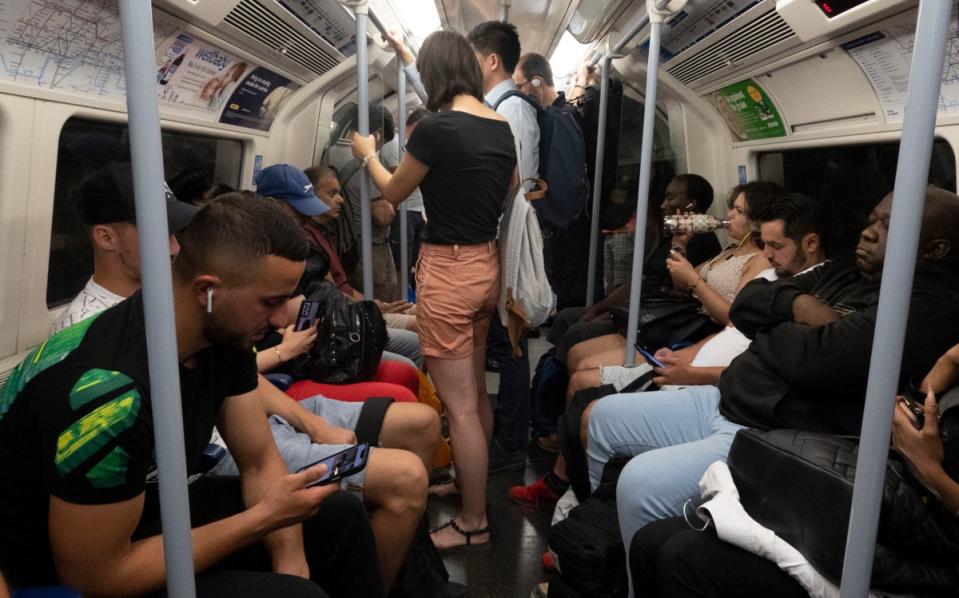Act now to defuse a New Year fares bomb for capital

There is much in today’s inflation data to worry about. But for London’s armies of commuters it is next month’s announcement that will be worth closer than usual scrutiny.
The Retail Price Index (RPI), once the gold standard for measuring the cost of living but long since supplanted by its upstart sibling the Consumer Prices Index, does not get much attention these days.
But crucially it is still the benchmark for a number of key price rises, not least train and London public transport fares, which are pegged to the July RPI.
Currently the formula is RPI plus 1, though that can be tweaked for political reasons.
Last month the RPI ticked up to 11.8%, its highest level since January 1982.
There is little reason to suppose that July’s figure will be significantly less than the June number, pointing to a fare rise of close to 13% come the dark days of next January.
That would be a disaster for London and indeed the whole country. Yet more commuters would give up their daily journeys and work from home, depriving the centre of the capital of their much-needed spending power. Despite ever-increasing fuel costs it would be the pricing nudge that many drivers need to switch to commuting by car rather than public transport.
In more general terms it would price many travellers off London’s public transport networks, already among the most expensive of any major global city.
Last but certainly not least it would come at a time when the cost-of-living squeeze is likely to be at its most intense with energy bills heading for more than £3,300 a year on current wholesale prices.
There are no easy answers but it is vital the fares formula is revisited before a double-digit New Year fares bomb is unleashed on London’s already long-suffering commuting population.

 Yahoo Finance
Yahoo Finance 